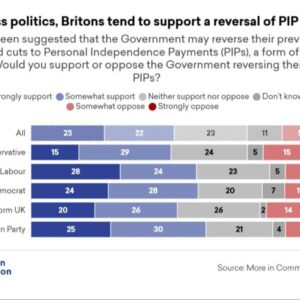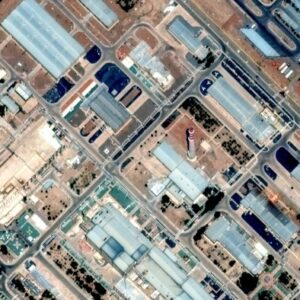Unlock the Editor’s Digest for free
Roula Khalaf, Editor of the FT, selects her favourite stories in this weekly newsletter.
Asics and Mizuno will stop using kangaroo leather in their football boots as the sports equipment industry’s last major holdouts abandon a material beloved of elite stars such as Pelé, Diego Maradona and David Beckham.
The decisions by Japan’s two biggest sports shoe makers follow decades of campaigning from activists who argue that the unique combination of lightness, durability, strength and exceptional ball control provided by kangaroo leather comes at the cost of animal cruelty.
Other manufacturers, including Nike, Puma and Diadora, have already phased out the material. Adidas told investors in May that it had stopped purchasing new kangaroo leather and would end production this year.
Japanese companies have been more guarded. But Asics told the Financial Times that the company intended to end production of kangaroo leather products by the end of 2025.

The company said the impetus was not pressure from animal rights groups, but its pursuit of “higher performance” products.
Still, Asics continues to market kangaroo leather boots as superior, noting on its website: “If feeling the ball on your foot is important to you, nothing is better than leather and in particular kangaroo football boot upper.”
Mizuno told the FT that the company planned to phase out the use of kangaroo leather, without providing a timetable.
The company said that it had received “some opposition” to the use of the Australian leather and would “select materials based on a variety of values, including environmental friendliness as well as functionality”.
Kangaroos are hunted commercially and also by farmers and recreational shooters in Australia. About 1.5mn macropods — including kangaroos, wallaroos and wallabies — were harvested commercially last year with the industry generating about $129mn in revenue and employing 3,000 people, according to the Australian Wild Game Industry Council.
Kangaroo meat and skins, and even the scrotums, are sold at airports and tourist shops.
Animal rights groups have long called for bans on the exploitation of kangaroos because of concerns about the suffering of animals that have been wounded and how hunters deal with juveniles still in the pouch.
The trade body argued that the commercial industry was regulated and that global sports brands were pressed into ditching a leather that was more environmentally sound than synthetic materials.
Neal Finch, a biologist and executive at the council, said that the move by the shoe industry would have no impact on the number of kangaroos shot each year, given that the leather was a byproduct of the larger meat and pet food industry.
“They’ve devalued and demonised the world’s best leather, which is Australia’s indigenous leather, and replaced it with plastic,” he said of the activist pressure on companies to stop using the product.
Mike Redwood, a retired tanner in the UK, said he stopped using kangaroo leather early in his career because of environmental concerns but reversed that decision after he learnt more about how the industry is managed.
“The culls that take place in Australia are necessary and are generally well-thought through; making use of the skins and the meat is appropriate in such a case,” he said.




